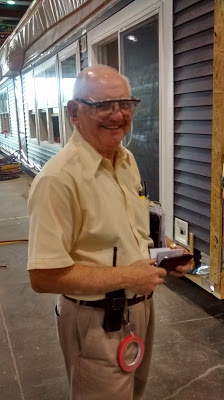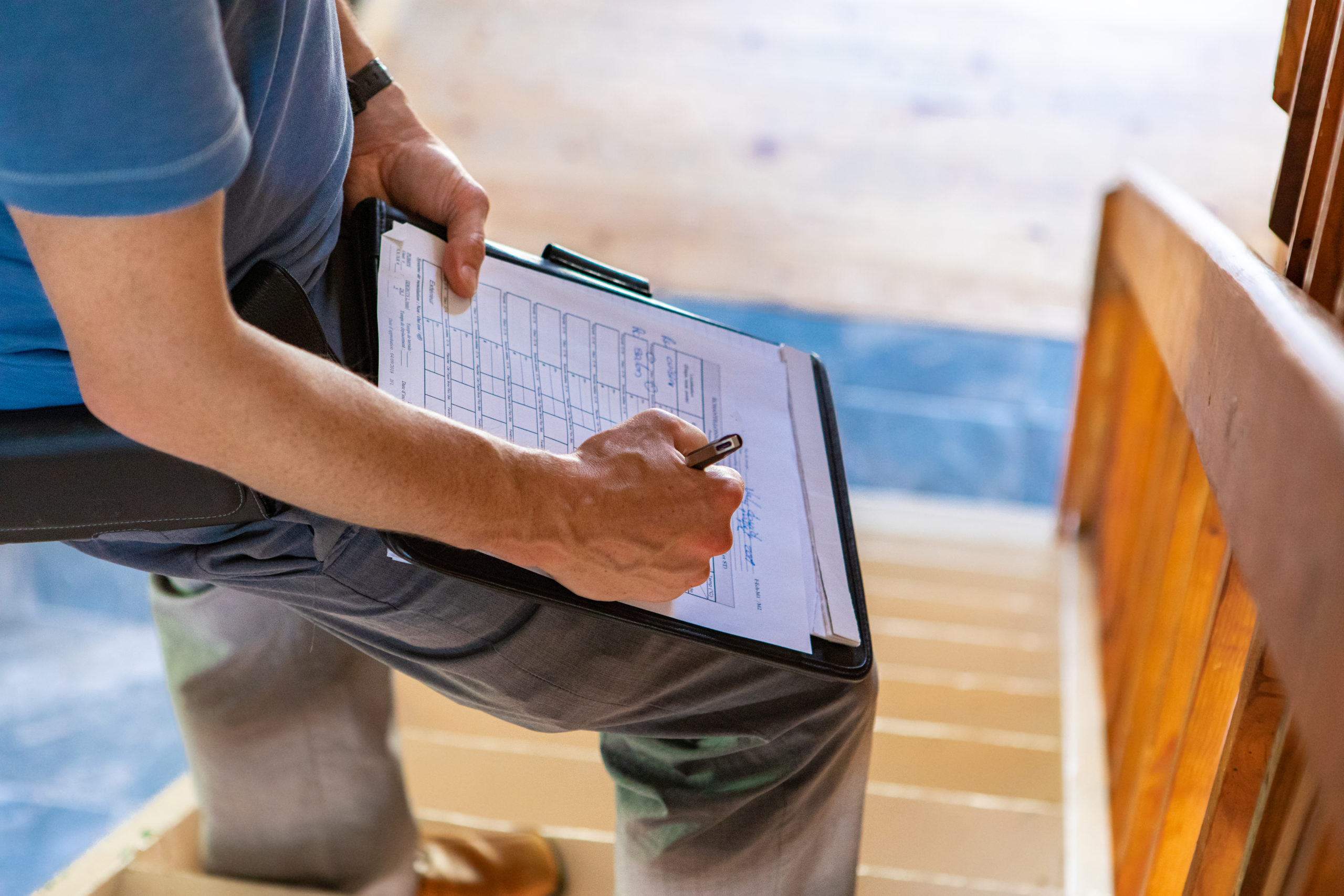When it comes modular construction, one question I frequently ask myself is whether traditional quality assurance (QA) and third-party inspections can be replaced by remote AI inspections. As many modular factory managers know, most states that mandate third-party inspections typically require each module to be inspected only once during its production. However, the frequency and thoroughness of these inspections can vary significantly.

.
Understanding Current Inspection Practices
In a typical modular factory, inspections are a critical part of the production process. Beyond the essential in-house mechanical, electrical, and plumbing (MEP) inspections, the approach to QA can differ. Some factories may opt for a final inspection only, while others might conduct inspections at every station or process. There are also instances where inspections occur randomly, depending on the availability and schedule of the in-house QA inspector.
The Role of Third-Party Inspectors
Third-party inspections are designed to provide an unbiased evaluation of the modules. These inspectors have the authority to ensure that all components meet the required standards and codes. But a pertinent question is, can a third-party inspector halt the entire production line if a significant issue is discovered? The answer is yes. Third-party inspectors have the power to stop the line to address any critical problems that could affect the safety, compliance, or overall quality of the module.
The Role of In-House Inspectors

.
In-house inspectors, employed by the factory, also play a crucial role in maintaining quality. These inspectors are responsible for identifying and resolving issues as they arise during the production process. Like third-party inspectors, they can shut down the production line if a major problem is detected. This authority ensures that quality and safety are never compromised.
Enter AI: The Future of Inspections?
With advancements in artificial intelligence (AI) and remote monitoring technologies, the possibility of replacing traditional inspections with AI-based systems is becoming more plausible.
Here are some key benefits of implementing remote AI inspections in a modular factory:
Consistency and Accuracy: AI systems can provide consistent and highly accurate inspections, reducing the variability that might occur with human inspectors.
Real-Time Monitoring: AI can continuously monitor the production line, allowing for real-time detection and correction of issues, rather than waiting for scheduled inspections.
Efficiency: Remote AI inspections can significantly speed up the inspection process, allowing for more modules to be inspected in less time without compromising on thoroughness.
Data-Driven Insights: AI systems can collect and analyze vast amounts of data, providing valuable insights that can help improve overall production quality and efficiency.
Challenges and Considerations
Despite the potential benefits, there are challenges to consider when integrating AI into the inspection process:
Implementation Costs: The initial setup and integration of AI systems can be costly. Factories would need to invest in new technologies and train staff to work with these systems.
Technical Limitations: While AI is powerful, it may not yet be capable of detecting every type of defect or issue that a human inspector can identify.
Regulatory Acceptance: Regulatory bodies may be slow to accept AI-based inspections as a replacement for traditional methods. It would require extensive testing and validation to ensure AI systems meet all necessary standards
The idea of replacing traditional QA and third-party inspections with remote AI inspections in modular factories is intriguing and potentially transformative. While AI offers numerous advantages in terms of consistency, efficiency, and data-driven insights, it is essential to carefully consider the challenges and ensure that these systems can meet the rigorous standards required in modular construction.
As technology continues to advance, it is likely that AI will play an increasingly significant role in the future of modular factory inspections, but a balanced approach that incorporates both AI and human expertise may be the optimal solution for now.
.
CLICK HERE to read the latest edition
Contact Gary Fleisher












